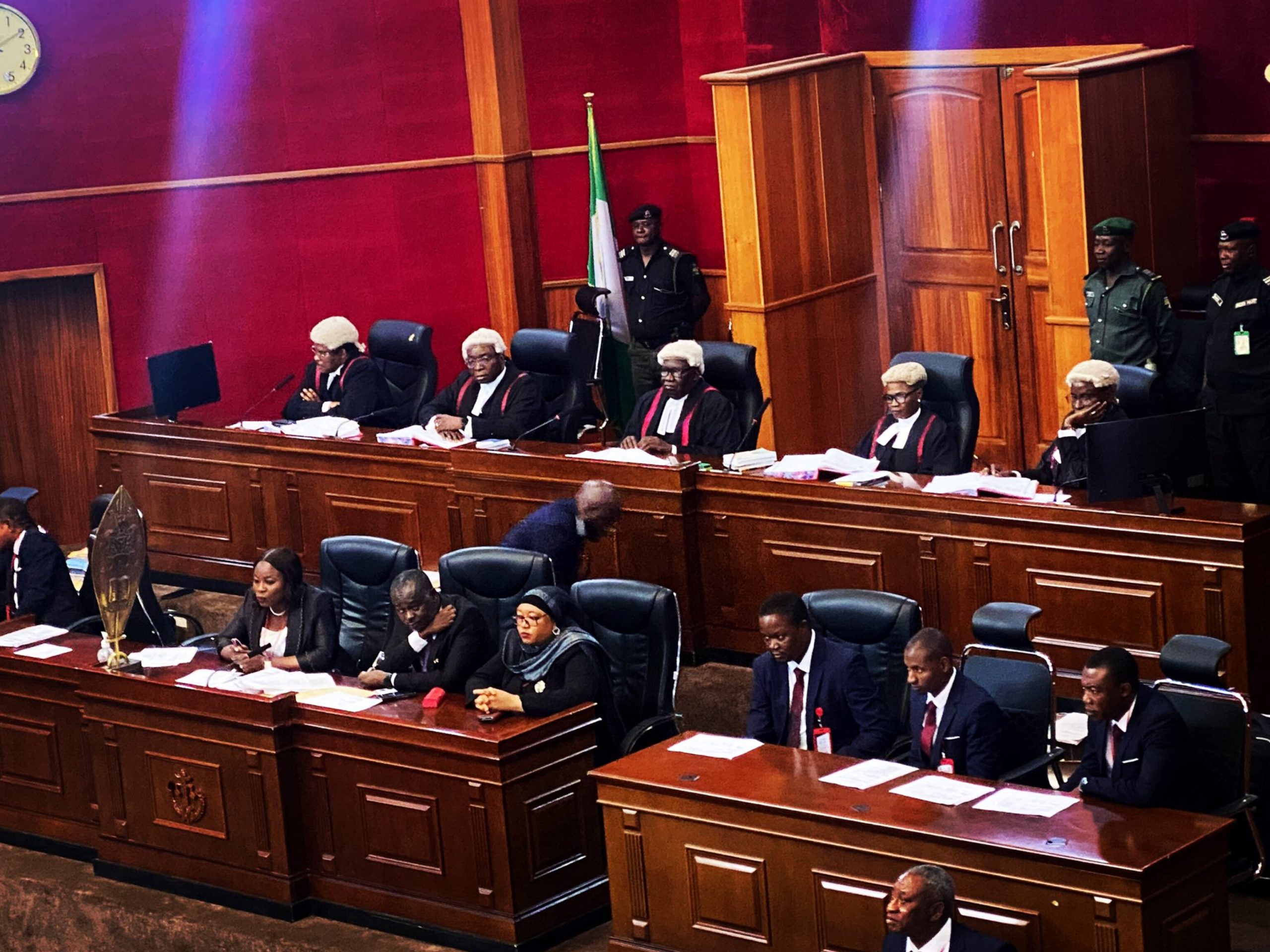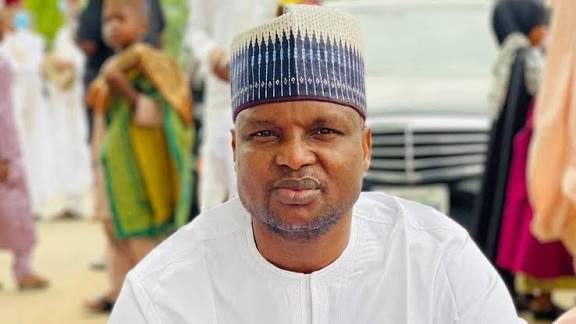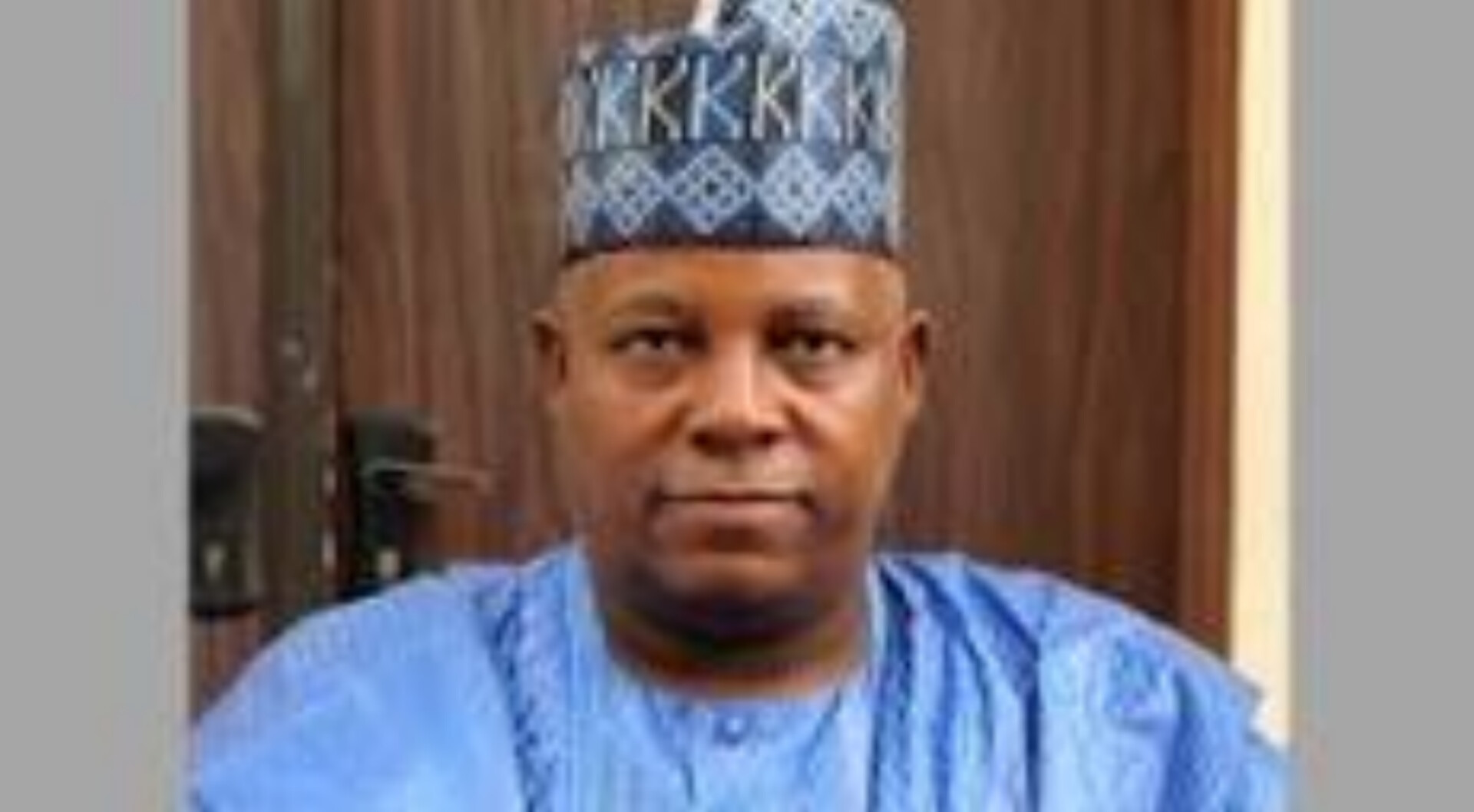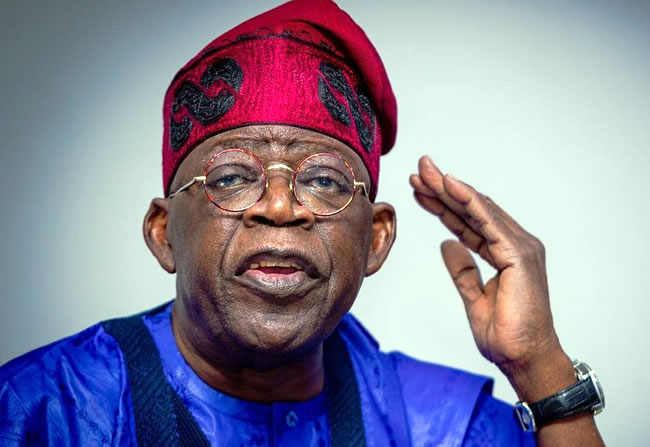BY Chidi Odinkalu
When the presidential election petition process began in March 2023, Nigeria’s Supreme Court comprised 13 Justices.
The court received a bumper injection of seven new justices in November 2020 after the conclusion of the disputes arising from the presidential election of the previous year.
That was the last set of appointments to the Supreme Court.
Since then, six justices have retired; another three have died. Indeed, in the period since the commencement of the presidential election petition in March, one justice of the Supreme Court has died. Another retired three days before the judgment of the Presidential Election Petitions Tribunal (PEPT), bringing the complement down to 11. The court’s second senior-most member, Musa Dattijo Muhammad, is due to retire next month on October 27. If there is an appeal from the judgment of the PEPT, the Supreme Court will notionally have 10 eligible justices, and that is before recusals or other potential conflicts, not to mention ill-health.
Election petitions have become a huge drain on judicial bandwidth and well-being since 1979. In that year, the contest between Shehu Shagari of the National Party of Nigeria (NPN) and Obafemi Awolowo of the Unity Party of Nigeria (UPN) ended up before the Supreme Court of Nigeria, resulting in a judgment memorably described as “a compromise between law and political expediency.” At the head of the bench that decided the case was Atanda Fatayi-Williams, the Chief Justice of Nigeria at the time. As famous as this judgment would become, the antecedents arguably proved to be more lasting in their influence on Nigeria’s politics and institutions.

The relevant part of the story began on August 16, 1979, when the Federal Electoral Commission, FEDECO, headed by Michael Ani, declared Alhaji Shagari as the winning candidate in the elections to return Nigeria to civil rule. Three of the five presidential candidates in the contest repudiated the result, setting up what would become an epic election dispute. Obafemi was one of the three.
The Electoral Act of 1979, under which the vote took place, anticipated that there could be a dispute and conferred on the Supreme Court the jurisdiction for resolving disputes from the presidential election. The panel to hear the disputes was to be led by the Chief Justice of Nigeria (CJN), but the then incumbent, Sir Darnley Alexander, was due to retire on August 24, 1979, a mere eight days after the announcement of the result and well before the Supreme Court was due to sit on the petition.
Three days before the retirement of Chief Justice Darnley Alexander, on August 21, 1979, then military head of state, Olusegun Obasanjo, an army general, invited Atanda Fatayi-Williams, then a justice of the Supreme Court, to a meeting at the seat of power at Dodan Barracks, Lagos. At the meeting, Obasanjo offered Fatayi-Williams the office of CJN in succession to Sir Darnley.
In his memoirs, Faces, Cases, and Places, published in 1983, Fatayi-Williams claimed that this offer “was totally unexpected, and, for the first time in my life, I was at a loss for words”, adding that Obasanjo “watched my discomfiture with relish and delight.”
Some of his peers on the Supreme Court were not so sure. Fatayi-Williams was admitted to the bar of the Middle Temple in London in 1948, one year after Chukwunweike Idigbe and three years later than Egbert Udo Udoma, both of whom were his peers on the Supreme Court. Fatayi-Williams was from Lagos; Idigbe came from the then Mid-West; while Udo Udoma came from the then South Eastern State. Idigbe became a judge in 1961 before being appointed to the Supreme Court in 1964. His service on the Supreme Court was, however, fractured by the Nigerian Civil War.
Udo Udoma, who also became a judge in 1961, had enjoyed a career as a lawyer, minority rights activist, campaigner, politician, and federal legislator before being appointed a judge in 1961. Two years later, in 1963, he became Chief Justice of Uganda with the understanding that upon the end of his tenure in Uganda, he would return to a position on Nigeria’s Supreme Court. This came to pass in 1968 when General Yakubu Gowon appointed him justice of the Supreme Court. Atanda Fatayi-Williams arrived on the court in 1969 as a junior to Udo Udoma and, strictly speaking, to Idigbe.
In his memoirs, The Eagle in Flight, Udo Udoma recalls that upon the retirement of Chief Justice Adetokunbo Ademola in 1972, the then-ruling Supreme Military Council considered five names for appointment to replace him, namely: Professor Taslim Elias, who was then the Attorney-General of the Federation; John Idowu Conrad Taylor, then Chief Justice of Lagos (as the office was then known); George Baptist Ayodola Coker, Justice of the Supreme Court; Rotimi Frederik Alade Williams, a senior lawyer in private practice; and Udo Udoma himself. Fatayi-Williams was notably not in the running. In the event, the military preferred Taslim Elias, who had served them well as Attorney-General.
When a new military regime relieved Elias of the position in July 1975, they settled on Sir Darnley, until then a little-known Chief Judge of the South Eastern State, whom Udo Udoma had recommended for that office.
In 1979, the stakes in the appointment of Chief Justice were very high: the presidency of Nigeria could depend on it. Udo Udoma, who had mobility issues, writes in his memoirs that “Justice Fatayi-Williams, then also a Justice of the Supreme Court, registered a solemn protest on the ground that he saw no reason why I (Udo Udoma) should be given such a high post as the Chief Justice of Nigeria despite the fact that I was an amputee. He felt strongly that the SMC under the leadership of a Yoruba man like himself would not be justified to ignore him who then had no handicap. He then contacted several Yoruba men, including Chief S.L. Edu, to contact General Olusegun Obasanjo as Head of State to plead his case.”
Continuing, Udo Udoma records that these “intrigues succeeded and he was preferred to me because, in his representation, he was able to convince General Olusegun Obasanjo that since Alhaji Shehu Shagari as a Hausa-Fulani, was contesting the office of President of Nigeria and had chosen Dr. Ekwueme, an Igbo man, as his running mate as Vice-President, both of whom were likely to win, then the office of Chief Justice of Nigeria ought to be filled by himself, a Yoruba man, especially as Chief Obafemi Awolowo was sure to lose the election.”
Chief Awolowo and Olusegun Obasanjo exchanged some testy epistles reproduced in Musikilu Mojeed’s The Letterman, in which Awolowo effectively alleged that the appointment of Fatayi-Williams as CJN in 1979 came with an implicit bargain concerning the determination of the election petition of that year. He also suggested that days before the Supreme Court announced the decision on 26 September 1979, Chief Justice Atanda Fatayi-Williams leaked the decision of the Court to General Obasanjo, who desired to be reassured that he could proceed with the inauguration date of 1 October 1979 as planned. Forty-four years later, the current incumbent travelled to India with the assurance of a man who knew that the imminent announcement of the PEPT judgement did not threaten his position.
In 2008 and in 2019, judges who sat on controversial presidential election petitions in election years enjoyed quick judicial elevation from the parties in whose favour they decided. Also, in 2019, a chief justice was guillotined ostensibly because he could not be trusted to determine presidential election petitions in a predictable way in the manner that his would-be successor could. What seems clear is that, since 1979, judicial appointments and decision-making in election petitions have enjoyed a relationship underpinned by a whiff of implicit quid pro quo.
With 10 serving justices, the Supreme Court has 11 vacancies waiting to be filled. Politicians have learnt to turn election dispute resolution into auditions for shifting judicial deck chairs. First, they rig elections in order to get the opportunity to rig the courts with judges ready to help them validate rigged elections. That is the legacy of the unspoken antecedents of Awolowo v. Shagari.
…A lawyer and a teacher, Odinkalu can be reached at chidi.odinkalu@tufts.edu.




